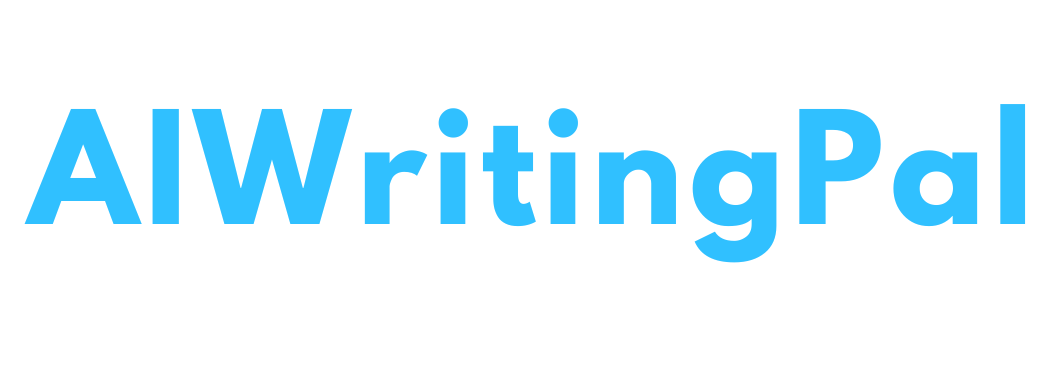Regulating AI, an Imperative of the 21st Century
In the realm of technological advancement, Artificial Intelligence (AI) has undoubtedly stood as one of the most disruptive forces. With its omnipresence, AI has seamlessly integrated into our daily lives - from smart personal assistants and recommendation systems to self-driving cars and precision medicine. The burgeoning promise of AI is indeed compelling, yet it carries with it profound questions and concerns regarding its oversight. The question, "Can AI be regulated?" has become one of the most urgent debates in technology policy.
Understanding AI and Its Impact
Artificial Intelligence, at its core, is the development of computer systems that can perform tasks that usually require human intelligence. These include learning from experiences, understanding complex data, making decisions, and carrying out tasks in an efficient manner. AI's breadth of influence spans virtually every sector, reinventing ways of doing business, providing services, and solving complex problems.
However, the power of AI is a double-edged sword. It's capable of being used for both beneficial and detrimental purposes. Concerns regarding privacy invasion, unfair algorithmic decisions, autonomous weapons, job displacement, and many other ethical and societal issues have surfaced as AI continues to evolve.
Need for AI Regulation
The transformative impact of AI on society necessitates the development of an appropriate regulatory framework. Without regulatory oversight, there's a potential for misuse of AI, leading to significant harms. AI applications, such as facial recognition or autonomous vehicles, have already sparked concerns about privacy and safety. In healthcare, the misinterpretation of AI algorithms could potentially lead to incorrect diagnoses and treatment plans.
However, the process of regulating AI is not straightforward. It's a complex task that needs to be approached carefully, balancing the need for protection and the risk of stifling innovation.
Regulation vs. Innovation
Regulation is often viewed as an obstacle to innovation. Too much regulation could potentially suppress creativity, impede progress, and hinder economic growth. However, without adequate safeguards, the risks associated with unchecked AI applications could be catastrophic. Thus, we are facing a classic dilemma: we need to find the right balance between encouraging innovation and protecting public interests.
Proposed Strategies for AI Regulation
The multifaceted nature of AI suggests that regulation should be equally diverse and adaptive. Here are some proposed strategies for AI regulation:
1. Principles-based Regulation: Rather than prescribing specific rules, the regulatory framework could be built on broad principles that emphasize ethical considerations, fairness, transparency, accountability, and security. These principles can provide the guidance necessary for responsible AI development and use.
2. Risk-based Approach: Not all AI applications pose the same level of risk. A risk-based approach could ensure that the regulatory scrutiny is proportionate to the potential harm. High-risk applications such as autonomous vehicles and medical diagnosis tools may require stringent testing and certification, whereas low-risk applications may face lighter regulations.
3. Self-Regulation and Industry Standards: Encouraging industry players to develop their standards and best practices could be another approach. However, this strategy requires strong industry commitment to responsible AI use and an effective mechanism to ensure adherence.
4. Public Involvement: The public should have a say in how AI is governed. Public consultations, opinion polls, or citizen juries can provide valuable insights into societal expectations and concerns about AI.
5. International Cooperation: Given the global nature of AI, international cooperation is essential to ensure consistent regulation and prevent regulatory arbitrage.
Conclusion
The journey towards regulating AI is an intricate and challenging task. However, given the far-reaching implications of AI, it is a journey we must undertake. By fostering an open, inclusive, and adaptive regulatory process, we can harness the immense potential of AI while mitigating its risks. The challenge of regulating AI is significant, but it also presents an opportunity to shape the future in ways that align with our shared values and aspirations.
Indeed, it's not just a question of whether we can regulate AI, but rather how we can do so effectively and responsibly. This process will inevitably be a grand challenge of our time, demanding the collective wisdom and effort of all stakeholders involved. But ultimately, the goal is clear: to ensure that the fruits of AI are reaped responsibly, ethically, and equitably for the betterment of all humankind.







